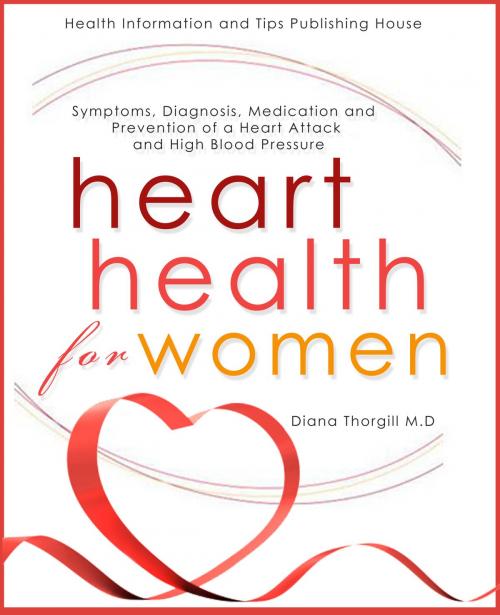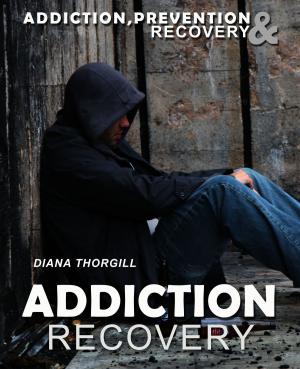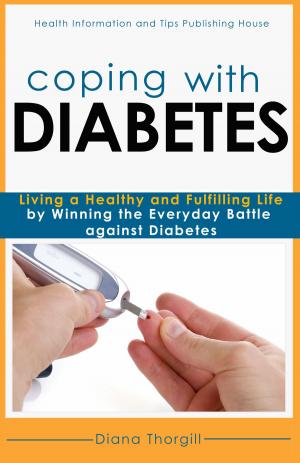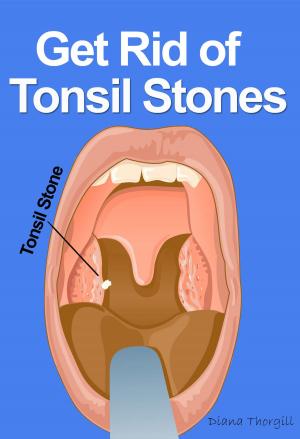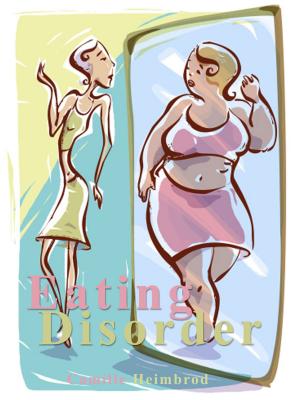Heart Health for Women: Symptoms, Diagnosis, Medication and Prevention of a Heart Attack and High Blood Pressure
Nonfiction, Health & Well Being, Health, Ailments & Diseases, Heart, Women&| Author: | Diana Thorgill | ISBN: | 9781301143702 |
| Publisher: | Stories of Everyday's Woe Publishing House | Publication: | March 19, 2013 |
| Imprint: | Smashwords Edition | Language: | English |
| Author: | Diana Thorgill |
| ISBN: | 9781301143702 |
| Publisher: | Stories of Everyday's Woe Publishing House |
| Publication: | March 19, 2013 |
| Imprint: | Smashwords Edition |
| Language: | English |
"My chest felt like it was on fire," explained one woman who had a heart attack. "It was so painful I couldn't breathe."
"It felt like an elephant was sitting on my chest," another woman described her heart attack.
Long before a heart attack ever strikes, however, many women with heart disease experience pain known as "angina pectoris" or just "angina."
Angina is a warning signal that one or more of the major coronary arteries is temporarily narrowed or blocked and not letting enough oxygen reach the heart muscles.
But take note, angina is not a heart attack, and it does not cause any permanent damage to the heart. It simply lets the woman know that something is wrong and that she needs to make some changes in her life.
Most women do not realize the effects of their lifestyle on their heart and arteries. Unfortunately, some women have their first heart attack without ever having had angina as a warning that something was wrong.
Angina may occur at any time of the day or night, but it is more frequently felt after physical exertion (such as walking up stairs or hurrying for a bus), or after emotional stress (such as having an argument or being caught in heavy traffic).
Angina may also occur after a large meal. Some heart patients have frequent severe angina attacks, and have to decrease their daily activities.
Most, however, are able to control their angina with medicines and with so the lifestyle changes such as having a regular exercise program and keeping a healthy and well balanced diet.
"My chest felt like it was on fire," explained one woman who had a heart attack. "It was so painful I couldn't breathe."
"It felt like an elephant was sitting on my chest," another woman described her heart attack.
Long before a heart attack ever strikes, however, many women with heart disease experience pain known as "angina pectoris" or just "angina."
Angina is a warning signal that one or more of the major coronary arteries is temporarily narrowed or blocked and not letting enough oxygen reach the heart muscles.
But take note, angina is not a heart attack, and it does not cause any permanent damage to the heart. It simply lets the woman know that something is wrong and that she needs to make some changes in her life.
Most women do not realize the effects of their lifestyle on their heart and arteries. Unfortunately, some women have their first heart attack without ever having had angina as a warning that something was wrong.
Angina may occur at any time of the day or night, but it is more frequently felt after physical exertion (such as walking up stairs or hurrying for a bus), or after emotional stress (such as having an argument or being caught in heavy traffic).
Angina may also occur after a large meal. Some heart patients have frequent severe angina attacks, and have to decrease their daily activities.
Most, however, are able to control their angina with medicines and with so the lifestyle changes such as having a regular exercise program and keeping a healthy and well balanced diet.
